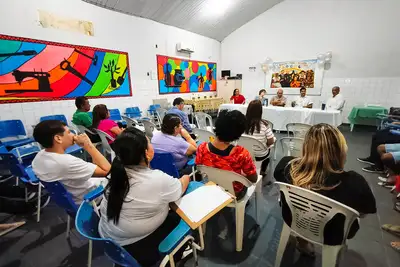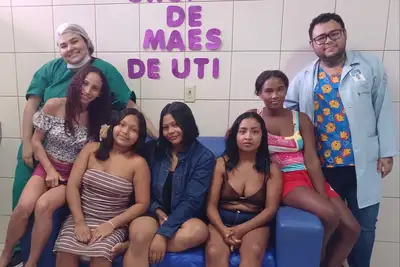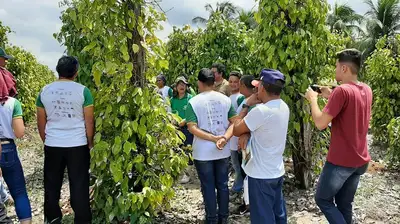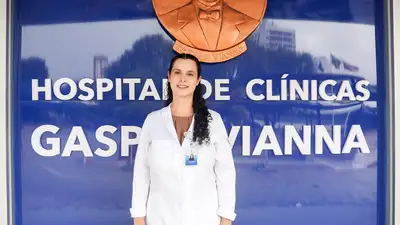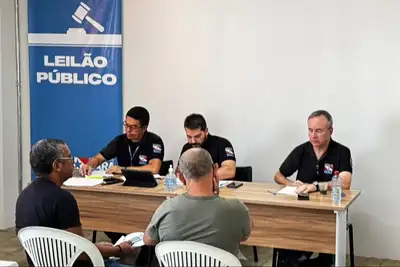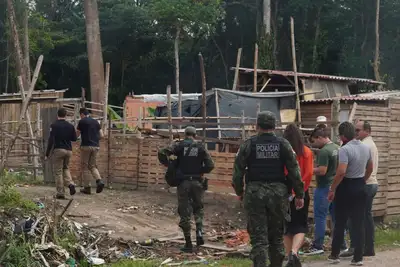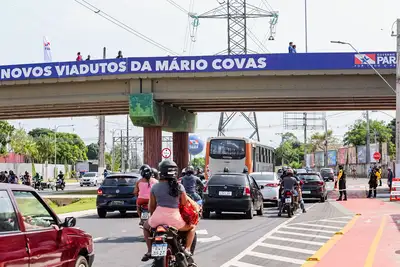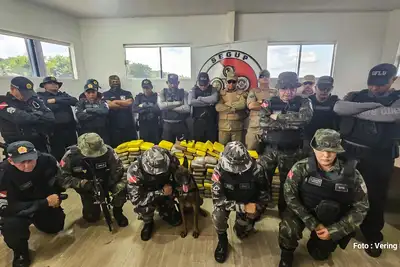Tourism Secretariat (Setur) forms Thematic Chamber in Community-Based Tourism
The National Policy of the sector defines Community-Based Tourism as a management approach with high potential for promoting sustainable tourism
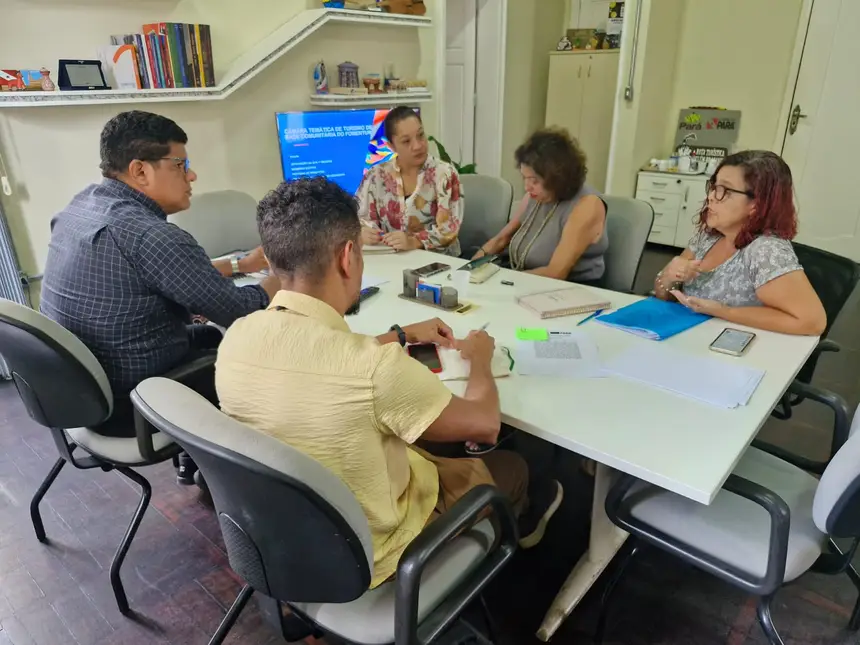
The State Secretariat of Tourism of Pará (Setur) held a planning meeting on Wednesday (7) to review the internal regulations of the State Forum for Tourism Development (Fomentur), focusing on the guidelines of the Thematic Chamber of Community-Based Tourism (TBC). With this initiative, the State Policy for Community-Based Tourism (TBC) of Pará gains new momentum with strategic actions aligned with the Multiannual Plan (PPA) 2024–2027 and the Sustainable Development Goals (SDGs) of the UN 2030 Agenda.
Setur has been advancing in the construction of the State TBC Plan, which is in the phase of technical visits, participatory diagnosis, and action plan development, with active listening from the involved communities.
One of the highlights of the program is the creation of experiential routes that integrate community tourism with the appreciation of bioeconomy products, such as handicrafts, local cuisine, traditional knowledge and practices, and Amazonian ways of life. This integration seeks to offer authentic experiences to visitors while generating job and income opportunities for local populations.
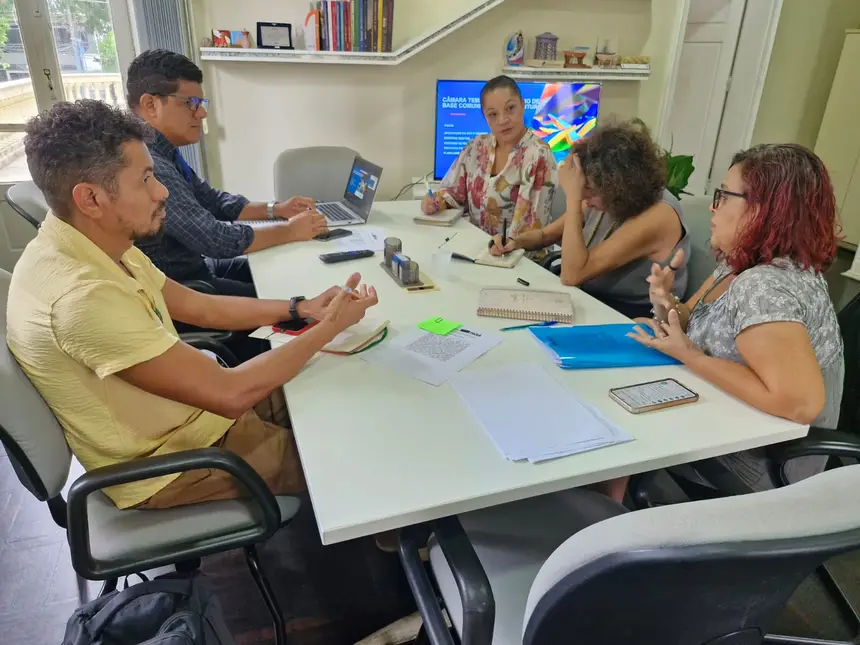
Tourism expert Márcia Bastos, coordinator of Setur's TBC Program, emphasized the urgency of giving visibility to communities that are already engaged in tourism activities but still face challenges related to infrastructure, promotion, and the absence of adequate public policies. “Amazonian communities are already doing tourism. What is lacking is visibility and support for these routes to scale up and consolidate as alternatives for sustainable local development,” she stated.
She further detailed the secretary's effort to implement experiential routes in various municipalities in Pará, such as Marapanim, with experiences related to phytotherapy and the use of medicinal plants; Maracanã, with experiences in conservation units; and Bom Jesus do Tocantins, where a tourism route with indigenous protagonism is being developed. “We are talking about tourism as a strategy of resistance and affirmation of our Amazonian identity,” reinforced Márcia.
To ensure the qualification of those involved, the state policy also provides for training actions in TBC and sociobioeconomy products, with the production of educational material tailored to the realities of the communities. The goal is to strengthen local competencies for sustainable entrepreneurship and community-based tourism management.
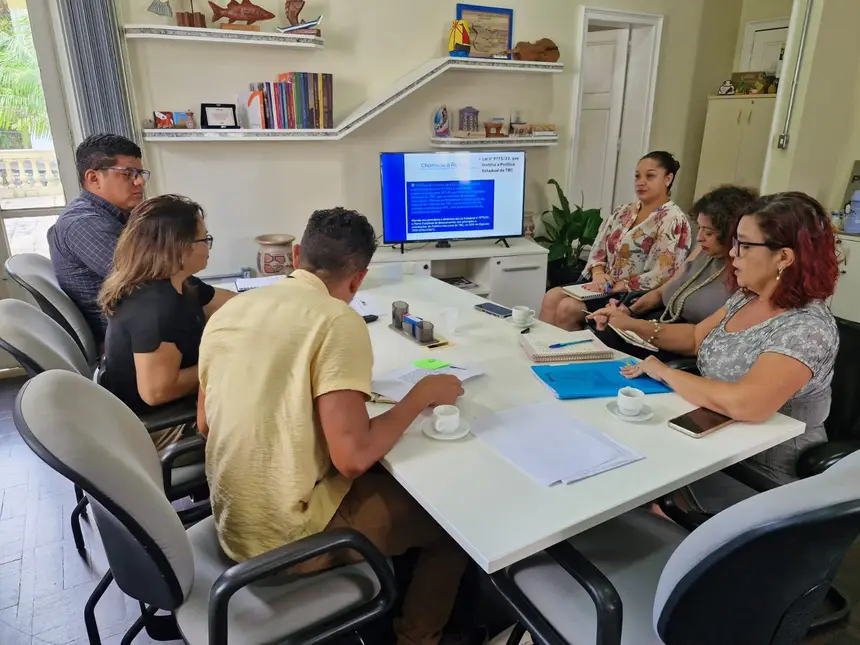
Another fundamental pillar of the strategy is the creation of an intersectoral working group, bringing together local managers, tourism networks, community leaders, and partner institutions. In this regard, professor and master in Tourism Business Management, Djane Bentes, from the Federal Institute of Pará (IFPA), proposed that the State structure the methodology that is already being adopted and validated in the communities by the State TBC Policy, as in other experiences, such as the DTI Brazil network, which offers a consolidated base of practices, business plans, and support platforms.
“We need to understand that TBC is a differentiated product that requires specific recognition. Having a legitimizing seal, validated by the government itself, is a way to ensure identity, traceability, and trust for those who offer and those who consume these experiences,” she stated.
Setur's initiative is directly connected to several UN Sustainable Development Goals (SDGs), such as poverty eradication (SDG 1), gender equality (SDG 5), decent work and economic growth (SDG 8), reduction of inequalities (SDG 10), responsible consumption and production (SDG 12), and protection of terrestrial life (SDG 15), among others. The alignment with these goals reinforces Pará's commitment to a global agenda of sustainable development and social justice.
The meeting included representatives from different partner institutions and agencies, including Márcia Bastos and Caio Vasconcelos from the State Secretariat of Tourism (Setur); Ivanete Lopes and Lysmar Quaresma Freitas from the Technical Assistance and Rural Extension Company of Pará (Emater-Pará); Djane Bentes from the Federal Institute of Education, Science and Technology of Pará – Belém Campus (IFPA); and Ana Claudia Silva from the Emílio Goeldi Paraense Museum (MPEG).
TBC and Bioeconomy - According to the National Policy, Community-Based Tourism is a management approach to tourism with high potential to promote sustainable and responsible tourism, as it is organized at the local level, with community protagonism, based on solidarity economy, environmental conservation, and social justice.
In the territory of Pará, TBC is present in traditional and riverside communities, understood as culturally differentiated groups that recognize themselves as such, which have their own forms of social organization and that occupy and use territories and natural resources as a condition for their cultural, social, religious, ancestral, and economic reproduction, based on knowledge, innovations, with knowledge and practices generated and transmitted by tradition.
The work of Setur, which meets the proposal with the edition of the State Policy for Community-Based Tourism (TBC), through law 9773/22, allows for work with sustainability and inclusion, involving the participation of communities in the management of local tourism. It is a new model of social and economic development for these territories, sustainable, based on a tourism management that promotes bioeconomy products, local productive chains, the daily lives of communities, the environment, and local culture.
The State Bioeconomy Plan of Pará (PlanBio), an integral part of the State Amazon Now Plan (PEAA), is one of the main strategies of the state government in the transition to a low-carbon economy. Bioeconomy is a new logic of development that respects the cycles of the forest, exalts the biological, cultural, and territorial diversity of the state, values traditional knowledge, places people at the center, and develops from the use of resources from the standing forest.


